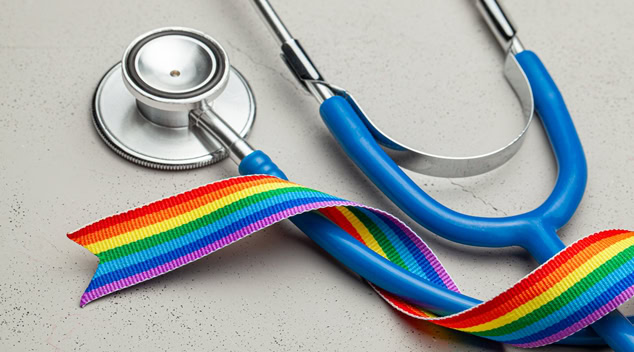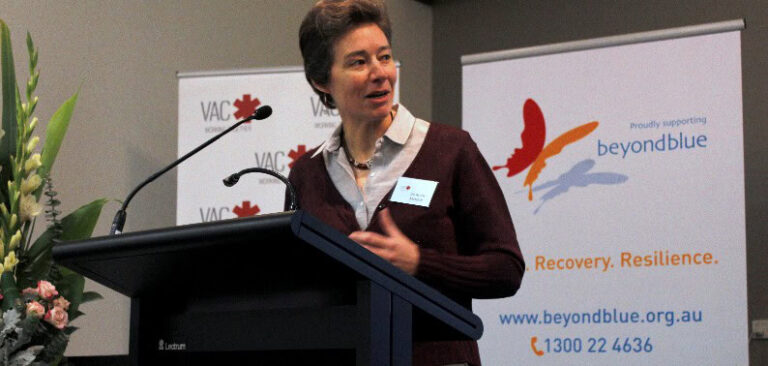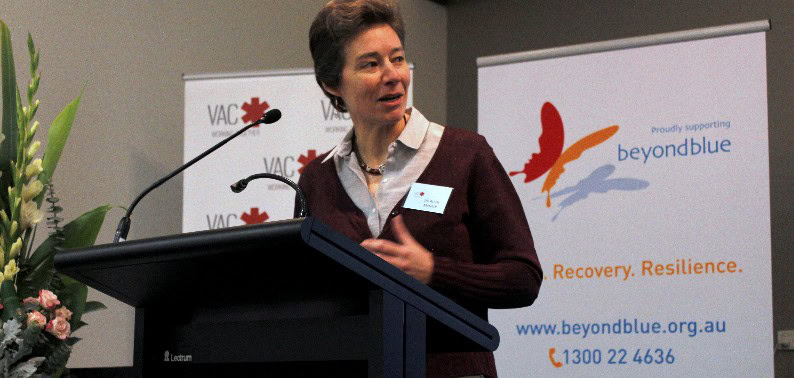
Lesbian binge drinking, drug use concerns
A new Australian study has found same-sex attracted women are at a much higher risk of binge drinking and drug taking than the general population.
The study published last week also revealed that both lesbian and bisexual women were less likely to have a pap smear than other women.
The study was undertaken by researchers from the Centre for Health Promotion Research at Curtin University in conjunction with the University of Sydney in 2010.
It revealed that nearly a third said they drank alcohol at levels considered binge drinking.
Forty three percent of respondents aged 16 to 24-years-old smoked tobacco and, overall, 33 percent were smokers compared to a national average of just 15 percent.
It also found that almost half had used some kind of illicit drug in the preceding six months.
“[Lesbian and bisexual] women are using illicit drugs at rates several times higher than women in the general community, demonstrating an urgent need for interventions targeted to [same-sex attracted] women,” the study revealed.
The results showed that 27 percent of respondents had never had a pap smear and a further eight percent had not had one in the last three years.
The authors warned that many women not sexually active with men could be under the impression they do not need pap smears.
“The message that a history of sex with men is not a prerequisite for a pap screen is particularly important,” they wrote.
Obesity rates classified under the Body Mass Index among respondents was 38 percent compared to 47 percent in the healthy range with 12 percent classified underweight.
Twenty four percent said they had experienced sexual violence at the hands of men while 21 percent said they had experienced domestic violence at the hands of a partner.
The study concluded that a lack of research in these areas in the past had hampered efforts at understanding and addressing the health needs of lesbian and bisexual women in Australia.
“While research on same-sex attracted women’s health and wellbeing has increased, the inclusion of sexuality questions in large epidemiological surveys remains patchy, or data is reported only by sexuality and not by sexuality and gender,” it found.
“The lack of health promotion, prevention and intervention programs that specifically address these health issues for LBQ women is disappointing.”

